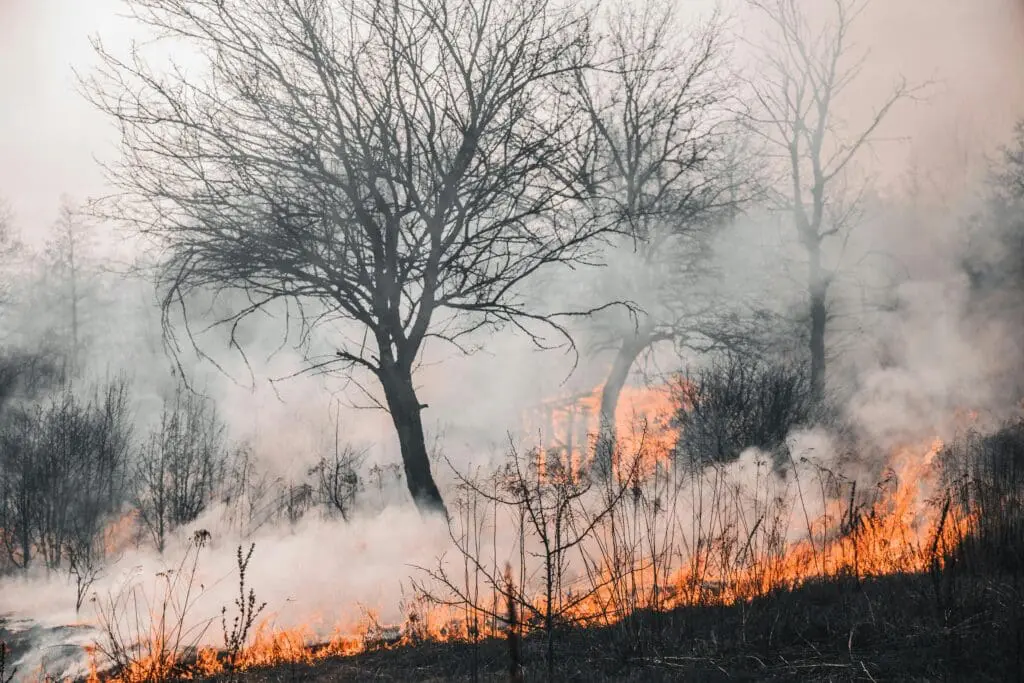Disaster Risk Reduction Resources

Natural disasters can affect anyone. Language should never be a barrier to safety.
Access vital emergency information in your language. These resources help you prepare for and respond to natural disasters in Australia.
Increasing CALD Communities Resilience to Risk
Our network of bilingual communicators across metropolitan Adelaide help CALD (culturally and linguistically diverse) communities:
- Increase their disaster resilience
- Understand local disaster risks
- Create emergency plans
- Access emergency information and tools
- Work on prevention and preparedness
- Know what to do during and after disasters (response and recovery)
Our translated resources are available in:
Partnerships
This project was funded by the Australian Government and SA Fire and Emergency Services Commission, Government of South Australia through the Disaster Risk Reduction Grants Program.
MCCSA developed the translated resources in collaboration with key emergency services, ensuring accuracy and relevance of materials:
Translated Disaster Risk Resources
English
Dinka | Thuɔŋjäŋ
Greek | Ελληνικά
Italian | Italiano
Khmer | អក្សរខ្មែរ
Korean | 한국어
Nepali | नेपाली
Polish | polski
Punjabi | ਪੰਜਾਬੀ
Ukrainian | українська
More Online Resources
Australian Warning System
Learn about warning signs, levels and how to respond:
Australian Warning System website
Bushfire Preparation
Country Fire Service (CFS) 5 Minute Bushfire Plan
Emergency Radio Broadcasts
In emergencies, listen to your local ABC Radio station: ABC Emergency website
Easy English Emergency Plan
Emergency Plans and Kits
Make a plan and prepare an emergency kit: SES website – multilingual resources
Available languages: